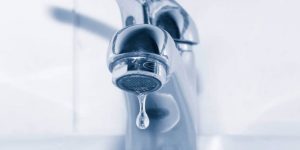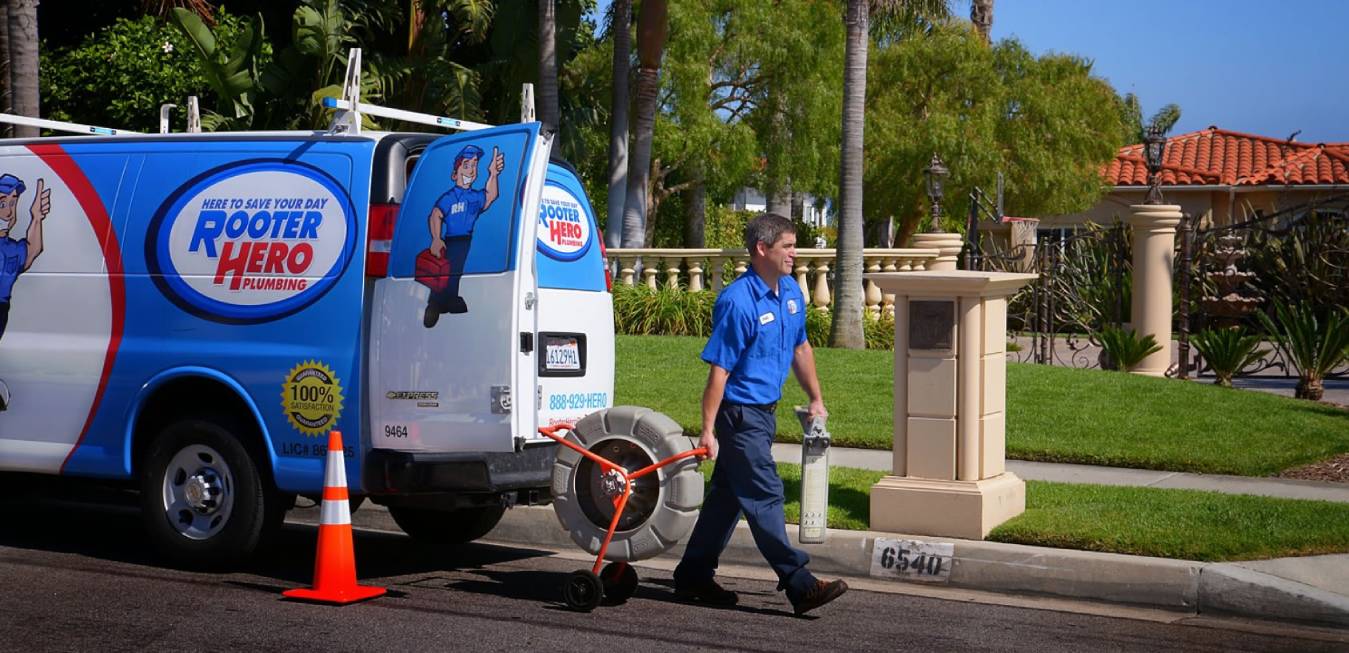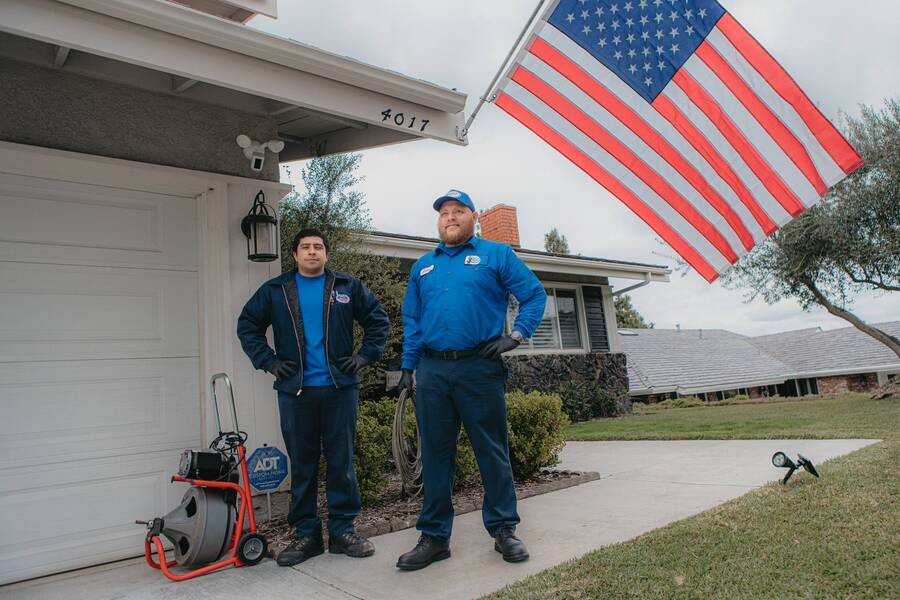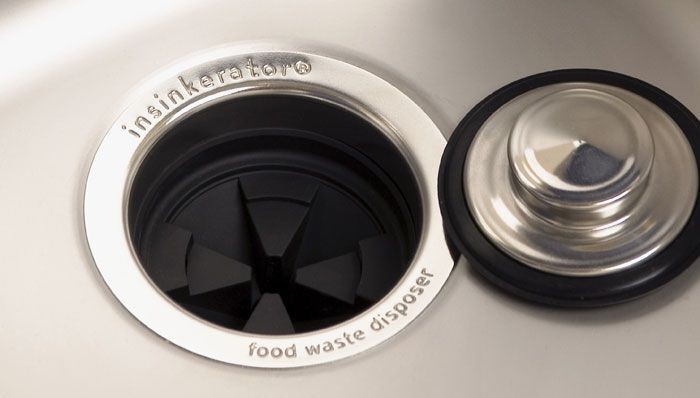
Plumbing Tips That Can Help You Save
Looking for ways to cut back on expenses? One way you can do that is by checking your plumbing. A lot of people don’t give much thought to their plumbing, or the amount of water it is using. Because of this, leaks can go undetected and plumbing fixtures can use more water than necessary. However, by making simple adjustments you can save with your plumbing. Here are some plumbing tips that can help you save.
Check Your Faucets
A leaky faucet can waste over 15 gallons of water a day. Over the course of a year this really adds up. Many faucets leak because the tap isn’t closed all the way or a gasket is old and needs to be replaced. In fact, a lot of time the leak can be fixed by replacing a seal or a gasket. If you notice a drip drip drip when you turn off the faucet or shower head, take a deeper look. Sometimes it's best to replace the entire unit, in which case newer faucets require less water, so by nature are way more efficient.
Low Flow Aerators
If your faucets are in great shape and not leaking but you want to cut down on the water you use, you may want to consider a low flow aerator. A low flow aerator is an attachment that fits on the end of your faucet. Most faucets have a flow of 2.2 gallons of water per minute. A low flow aerator reduces that to 1.5 all the while injecting air into the stream so that water pressure is not affected. As a double bonus that can help you save, you will also cut down on your electricity and gas costs, as your water heater will not have to heat as much hot water to meet demand.
Toilet Maintenance
Your actual toilet will last forever, however the same cannot be said for the parts inside. Things like the flapper, flush valve, and fill valve will wear out over time. When these parts fail, it can result in more water being used to operate your toilet. On average a flapper may last 4 to 5 years, a flush valve 6 to 7 years, and a fill valve 3 years. It is important to routinely check these parts and make replacements as needed. In addition, if you notice your toilet acting up, for example phantom flushing, address the problem right away to reduce waste.
Watch What Goes Down The Drain
In addition to reducing waste and saving on utilities, you will also see savings by preventing plumbing problems. One of the best things you can do for your plumbing to help you save it prevent plumbing issues by watching what goes down the drain. A clogged drain can cause a big mess and do further damage to your plumbing system. Which is why you should never allow the following items to infiltrate your drains:
- Fats, oils, and grease
- Starchy foods that expand
- Fibrous food peels
- Egg shells
- Coffee grounds
- Bones
- Glass
- Trash
- Hair
- Paper towels
- Diapers and wipes
- Feminine hygiene products
- Cotton swabs
- Dental floss
In addition, if you find yourself facing a clogged drain, do not reach for the liquid drain cleaner. Liquid drain cleaner is made out of some heavy duty chemicals, which can eat right through your pipes causing more damage. If you have tried plunging to no avail, you may have a more serious plumbing problem afoot, in which case you should call your local plumber.
Professional Drain Cleaning
Regular drain cleaning can also help you save by alleviating the gunk that collects inside of your pipes. This leads to clean pipes that are free from obstruction. If your drains are getting clogged on the regular, there could be pressure building up inside of your pipes. When this happens it can cause your pipes to crack or burst. Having your drains cleaned can help restore your plumbing and also help ascertain the condition of your pipes, allowing you to get ahead of repairs, which can really help you save. Dealing with a stubborn clog or leak? Call the experts at Rooter Hero today!






